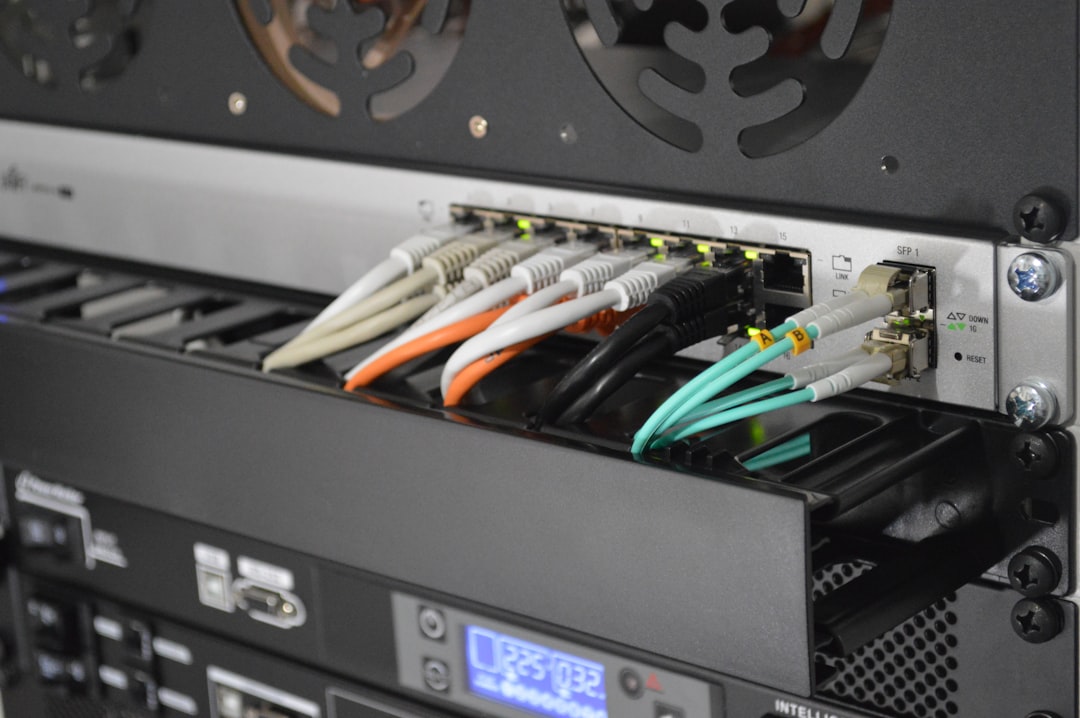Ever wished you could wear an invisibility cloak online? Well, proxies come pretty close. If you’re new to the world of online privacy, don’t worry. You’re about to understand what a proxy is, and how it can make your digital life a lot safer — and cooler.
What Is a Proxy?
Think of a proxy as a middleman between you and the internet. Instead of visiting a website directly, your request is sent through a proxy server first.
This server fetches the data and sends it back to you. So, the website only sees the proxy — not you!
Basically, a proxy hides your real identity online.

Why Would You Use a Proxy?
There are lots of good reasons to use a proxy. Here are a few fun ones:
- Stay Private: Hide your real IP address so websites can’t track you easily.
- Access Content: Bypass location-based blocks and view content from around the world.
- Browse Safely: Add a layer of security when connecting to public Wi-Fi.
- Speed & Control: Some proxies can even block ads and reduce load times.
See? Pretty magical, right?
Types of Proxies
Not all proxies are created equal. Let’s look at the different kinds — in simple terms of course.
- HTTP Proxy: Best for websites. It only works with web traffic (HTTP and HTTPS).
- SOCKS Proxy: Great for all kinds of traffic — not just websites. Apps and games love it.
- Transparent Proxy: These don’t hide your IP. They’re often used by schools or workplaces to control web access.
- Anonymous Proxy: These do hide your real IP. Good for privacy fans.
- Elite Proxy: The stealth ninja. It doesn’t even look like a proxy to websites. Super private!
How Do Proxies Help with Privacy?
Every time you visit a site, your IP address tells a lot about you — like your location and internet provider.
A proxy server masks your IP address. It’s like handing someone your P.O. box instead of your home address.

Websites, advertisers, and even hackers can’t target you as easily.
Are Proxies and VPNs the Same?
Ah, good question. They sound similar but do different things.
- A proxy only reroutes web data for specific apps or browsers.
- A VPN (Virtual Private Network) encrypts all your internet traffic — not just for one app.
A VPN also gives you more security. But a proxy can still be a great first step if you’re just starting out.
When Should You Use a Proxy?
Use a proxy if you want to:
- Hide your location
- Visit blocked websites at school or work
- Outsmart regional limits on streaming services
- Stay more private when surfing
But remember: Always choose trustworthy proxy providers.
Free vs Paid Proxies
Free stuff is tempting. But with proxies, you get what you pay for.
| Free Proxies | Paid Proxies |
|---|---|
| Slower, may be unreliable | Faster speeds & better uptime |
| May log your activity | Likely to have no-logs policies |
| Can be risky and used by hackers | More secure and private |
Choose carefully to stay safe.
Final Thoughts
Proxies are like privacy superheroes. They protect your IP, help you access more of the internet, and add a sweet privacy layer to your browsing.
They’re not invincible, but they’re a fantastic beginner tool for better online safety.
Stay smart, choose well, and browse freely!



